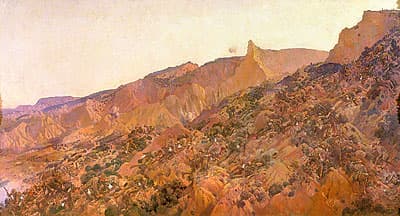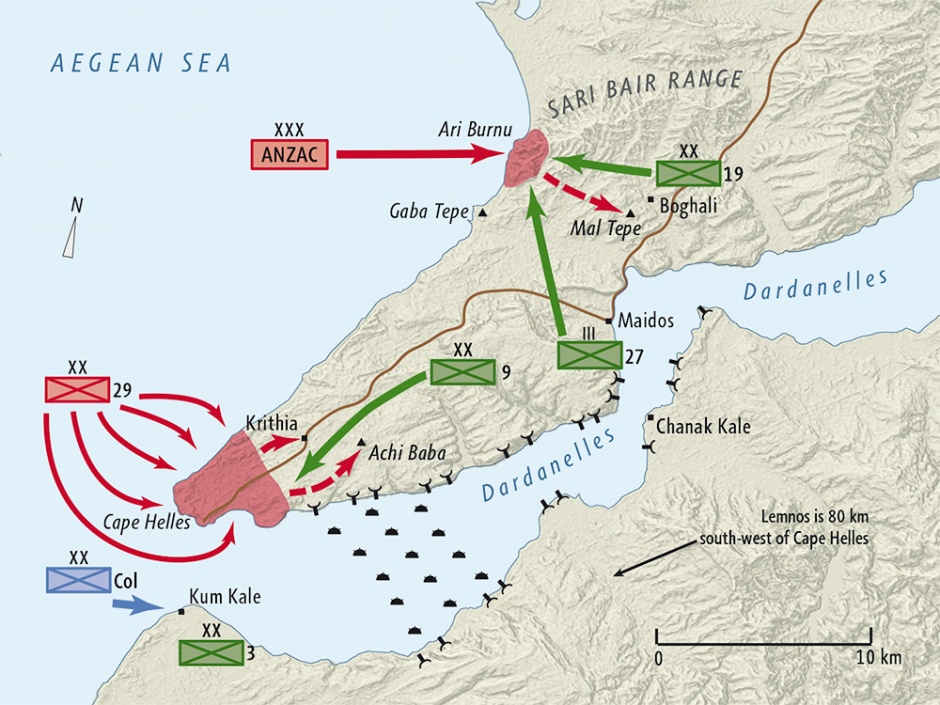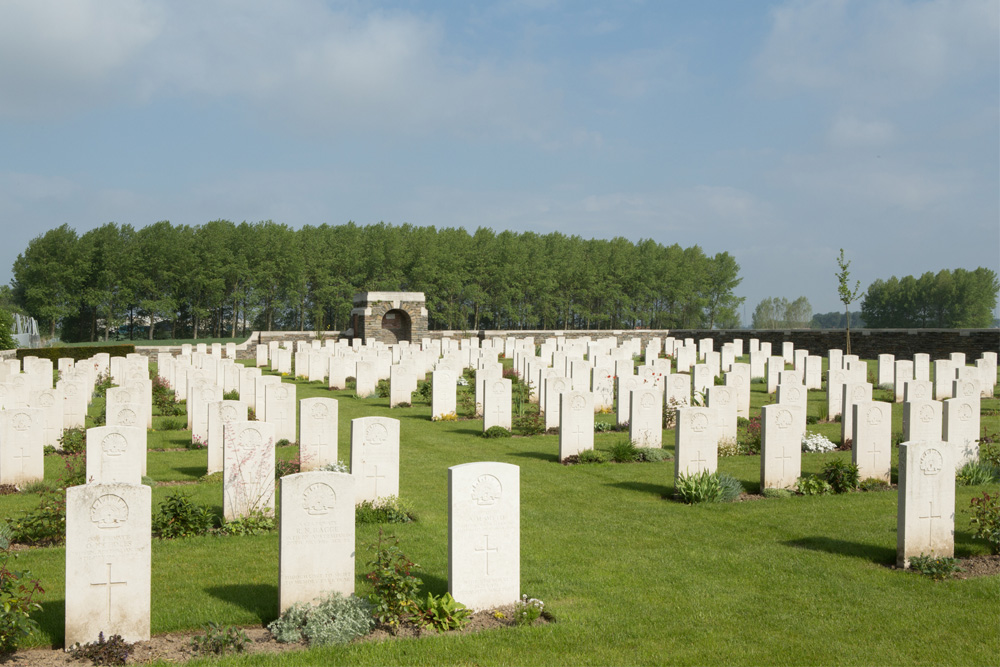Ship after ship, crammed with soldiers, moved slowly out of the harbour, in the lovely day, and felt again the heave of the sea. No such gathering of fine ships has ever been seen upon the earth, and the beauty and the exaltation of the youth upon them made them like sacred things as they moved away...
 |
| The Making of a Legend, The Landing at Anzac Cove by Lambert |
~ John Masefield (wiki) (Gallipoli)*
~ Admiral Sir John Fisher (to the Dardanelles Committee, 1915)
Those heroes that shed their blood and lost their lives... You are now lying in the soil of a friendly country. Therefore rest in peace. There is no difference between the Johnnies and the Mehmets to us where they lie side by side now here in this country of ours... you, the mothers, who sent their sons from faraway countries, wipe away your tears; your sons are now lying in our bosom and are in peace. After having lost their lives on this land, they have become our sons as well.
~Mustafa Kemal - Atatürk (wiki) (tribute to the ANZAC dead, 1934)
 |
| Map of the battle - larger version here |
April 25th is celebrated in Australia and New Zealand as ANZAC Day, commemorating the key participation of the Australia-New Zealand Army Corps (ANZAC) in the ill-fated Allied assault on the Turkish-held Gallipoli Peninsula in 1915 during World War I. This was one of the first large-scale amphibious invasion of modern times and the first major military operation in which Australia and New Zealand participated on behalf of the British Empire. As a result, the Gallipoli campaign was perhaps the key defining event for Australia's nationhood, as it was in a sense for Turkey's also. Turkish Lieutenant-Colonel Mustafa Kemal, the hero of Gallipoli's successful defense, later became the founder of modern Turkey, adopting the name "Atatürk" - father of the Turks.
 |
| source |
They shall grow not old, as we that are left grow old:Followed, as is also typical, by "Lest we forget..."
Age shall not weary them, nor the years condemn.
At the going down of the sun and in the morning
We will remember them.
The visitor can not help but be struck by the stark, natural beauty of its steep, scrubby, deeply-gullied terrain and sadly moved by the remembrance of the tens of thousands of men on both sides who lost their lives there in a futile clash of empires - only a few miles across the "wine-dark sea" from the ruins of ancient Troy. Of that earlier struggle, Homer wrote in book XIII of the Iliad,
"It is not possible to fight beyond your strength, even if you strive."
* N.B. John Masefield was the Poet Laureate of England from 1930 until his death in 1967. He served as a medical orderly on the Western Front in World War I and later wrote Gallipoli to counter German propaganda seeking to exploit the British defeat there.
The most readable account of the Gallipoli campaign remains Alan Moorehead's venerable history, Gallipoli, from the late 1950s. Also, the 1981 Australian movie of that same name, starring the young Mel Gibson, is an excellent evocation of both the horror and exhilaration of those times. There's a more recent movie, apparently, but I'm not familiar with it, and... Mel Gibson.
Several years ago, Peter Jackson restored and aggregated quite a bit of contemporaneous Gallipoli film:
Here's a 9 minute documentary:
And, as seems inevitable these days, there's a Lego reenactment of the events:
There's a good article on the 2015 centennial at The Guardian, and much more at the Australian government's site.
Parts of the text above are based on the late, great Ed Whitman's Quotation of the Day. Ed was my significant other for decades, and is the author of Hunters and Killers: Volume 1: Anti-Submarine Warfare from 1776 to 1943 and Hunters and Killers: Volume 2: Anti-Submarine Warfare from 1943. I miss him every day.
Parts of the text above are based on the late, great Ed Whitman's Quotation of the Day. Ed was my significant other for decades, and is the author of Hunters and Killers: Volume 1: Anti-Submarine Warfare from 1776 to 1943 and Hunters and Killers: Volume 2: Anti-Submarine Warfare from 1943. I miss him every day.

War is a fascinating subject. Despite the dubious morality of using violence to achieve personal or political aims. It remains that conflict has been used to do just that throughout recorded history.
ReplyDeleteYour article is very well done, a good read.